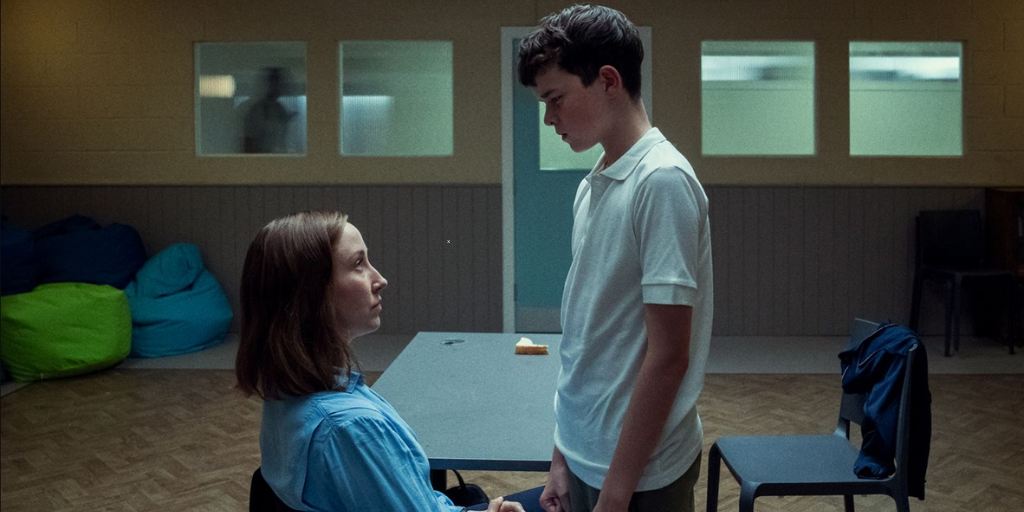
Adolescence on Netflix has emerged as the platform’s most popular offering of all time. It follows a 13-year-old boy, Jamie, who’s accused of murdering a classmate, and provides searing commentary on the ways toxic internet culture and unchecked screen time can impact children.
Let’s take a look at seven valuable lessons Adolescence provides on parenting in the digital age.
If Jamie’s parents had stepped in to support him when he was struggling socially online — and certainly when he started visiting hateful online forums in the “manosphere,” such as those promoting Andrew Tate — his story may well have ended very differently.
The thing about your child’s online activity is that it’s right there for you to see, but you have to be looking. It’s vital to stay involved in your child’s online activity so you can spot early red flags and step in before things escalate.
When Jamie hints to his dad that he’s being bullied, Eddie brushes it off. Similarly, his mother is worried about him spending too much time on his computer, but Eddie dismisses her concerns.
If you notice red flags in your child’s online behavior, such as evidence of cyberbullying, spending excessive amounts of time online, or messaging with someone they shouldn’t, don’t ignore it.
Act quickly to address the situation and support your child to develop healthier online habits.
Once Jamie starts viewing extreme videos on YouTube, the algorithm began feeding him increasingly disturbing material. Educate yourself and your child on the risks of algorithms and help them periodically reset theirs by blocking, unfollowing, or pausing certain content.
Want to know what your child is thinking about? Take a peek at their internet history and you’ll get a decent idea. In Adolescence, Jamie’s early internet history paints a picture of a lonely boy who’s struggling socially and is desperate to make friends and fit in. Then, it shows him progressing down a rabbit hole of digital misogyny until he’s ultimately radicalized against women and toward violence.
It’s important to check in — not to spy, but to understand what’s going on beneath the surface.
As Jamie’s social struggles grow, so does his screen time. He starts escaping online as a way to avoid the real world. His parents notice, but ultimately chalk it up to normal teenage behavior.
However, research tells us there are consequences to excessive screen time, including aggressive behavior and even violence. It’s important to set reasonable screen time limits for your child’s age and enforce them through parental controls and monitoring.
In the show, it’s revealed that Jamie was cyberbullied by peers, including the girl he ultimately murders. While it’s important not to blame the victim, it’s also important to acknowledge the role that being bullied played in Jamie’s ultimate radicalization.
Parents should talk to their children about cyberbullying, be on the lookout for signs, and step in if they spot a problem.
A key thread of the show Adolescence is highlighting what Jamie’s parents might have done differently, including not shying away from talking to Jamie when they started to notice trouble.
We need to empower our children to safely and healthily navigate online spaces and that includes talking with them about difficult topics.
Here are some conversation starters:
Netflix’s Adolescence offers invaluable lessons for parents, including the importance of talking to their child about cyberbullying, why parents should monitor their child’s online activity, and why they shouldn’t shy away from difficult discussions.
BrightCanary can help you monitor your child online. The app uses advanced technology to scan their internet activity and alerts you if there’s an issue. Download BrightCanary on the App Store and get started for free today.